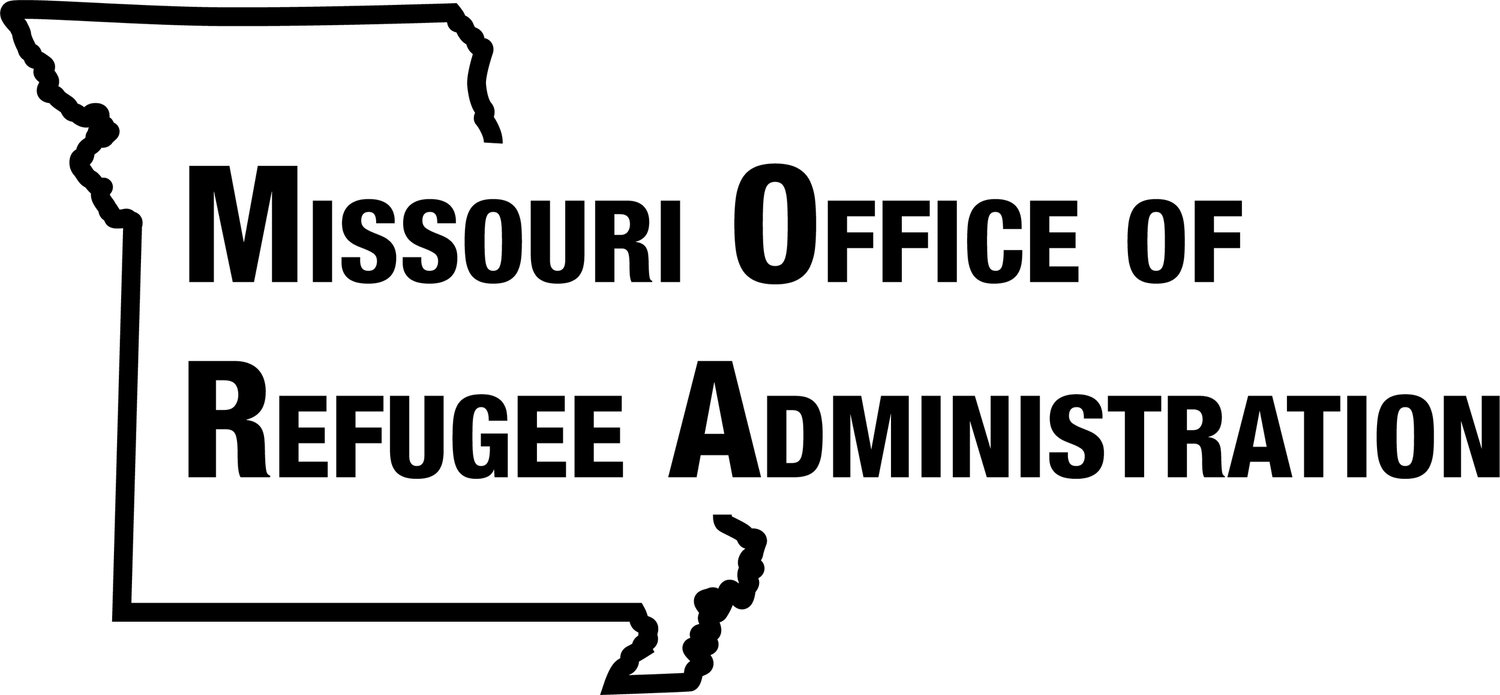JVS Empowers Newcomers with Digital Literacy Program
By Sophia Donis
Technology and the digital landscape have become so ingrained in our everyday lives that we often forget the central role it plays. For many Americans, operating a computer has become second nature. For newcomers from across the globe, it can be a very different story.
Arish Rustami, Digital Literacy Coordinator at Jewish Vocational Service (JVS), says the majority of their clients lack digital literacy skills. This means clients do not know how to use computer, send an email, or click links on webpages.
"Most of our clients don’t have an email address set up,” Rustami said, “and that’s like a prerequisite for almost everything you want to do nowadays.”
In November 2023, JVS launched their Digital Literacy program with the mission of addressing internet access, connectivity and digital skills. Currently, this involves providing clients with laptops and internet hotspots. In December 2023, Xfinity donated 100 laptops to JVS, and 70 of those laptops were handed out during a half-day event coordinated in partnership with Goodwill of Western Missouri and Eastern Kansas.
Photo courtesy of JVS
For the remaining 30 laptops, Rustami drove around Kansas City for about three weeks hand delivering laptops to clients.
"It was challenging but by the time I got the last laptop out, I wiped off some of my sweat and I was pretty happy with what we did,” he said.
Since the laptop distribution event, JVS continues to provide laptops to clients. They purchased 100 laptops from PCs for People, a national nonprofit that provides low-cost computers and internet to families and nonprofits with low income, through a grant from T-Mobile. Clients are given a laptop during a one-on-one meeting with Rustami where he explains how to use the device and answers any questions they might have.
To qualify for a laptop, the program assesses referrals from various JVS departments to determine which clients are the most in need and have reliable internet access. Currently, a family can only receive one laptop unless there are extreme extenuating circumstances.
Barriers to Internet Access
Upon arrival, JVS clients are given an internet hotspot to ensure they have access to the internet as soon as possible. Rustami explains that it can take 2-3 months for clients to secure internet access and is often delayed because they are waiting for social security cards, among other requirements. Once clients can obtain independent internet access, the hotspots provided by JVS are then redistributed to other newcomers while they wait for their own internet access.
Looking long term, Rustami anticipates client access to affordable and reliable internet becoming a barrier if Congress does not continue funding the Affordable Connectivity Program.
The program provides a discount of up to $30 per month towards internet service for eligible households, and April is currently the last month households will receive these benefits. As of right now, JVS does not have a plan in place if funding is not renewed, but Rustami says he’s prepared to have difficult conversations when the time comes.
The Future of the Program
Within the next month, JVS plans to begin hosting biweekly classes focusing on the basics of using a computer. This includes teaching individuals how to properly power their laptops on and off and raising awareness about viruses and scams. Previously, seven clients attended a digital literacy class at Goodwill of Western Missouri and Eastern Kansas, but Rustami says it’s easier to have classes at the JVS office.
Photo courtesy of JVS
“JVS clients are familiar with our office and know how to get here using mass transit,” he said. “We want to reduce any barriers to participation, so offering classes in a familiar location helps alleviate added stress or frustration.”
Multiple translators will be available for clients and will allow Rustami and other digital literacy instructors to be more hands on when teaching clients. Once classes are in full swing, Rustami hopes to focus on introducing technology to newcomers earlier in their resettlement journey.
“You and I depend on access to the internet and technology to navigate most of what we do on a daily basis, from banking or employment searches to medical appointments and education,” he said. “Our newest neighbors deserve to have access to the same resources. The sooner we can put them on a path to self-sufficiency, the better.”
The greatest needs for the program moving forward are additional grants to purchase more laptops, internet hotspots and to cover monthly hotspot fees. If you know of any grants or organizations that might be able to assist JVS, you can email Shilo Artis at sartis@jvskc.org.


